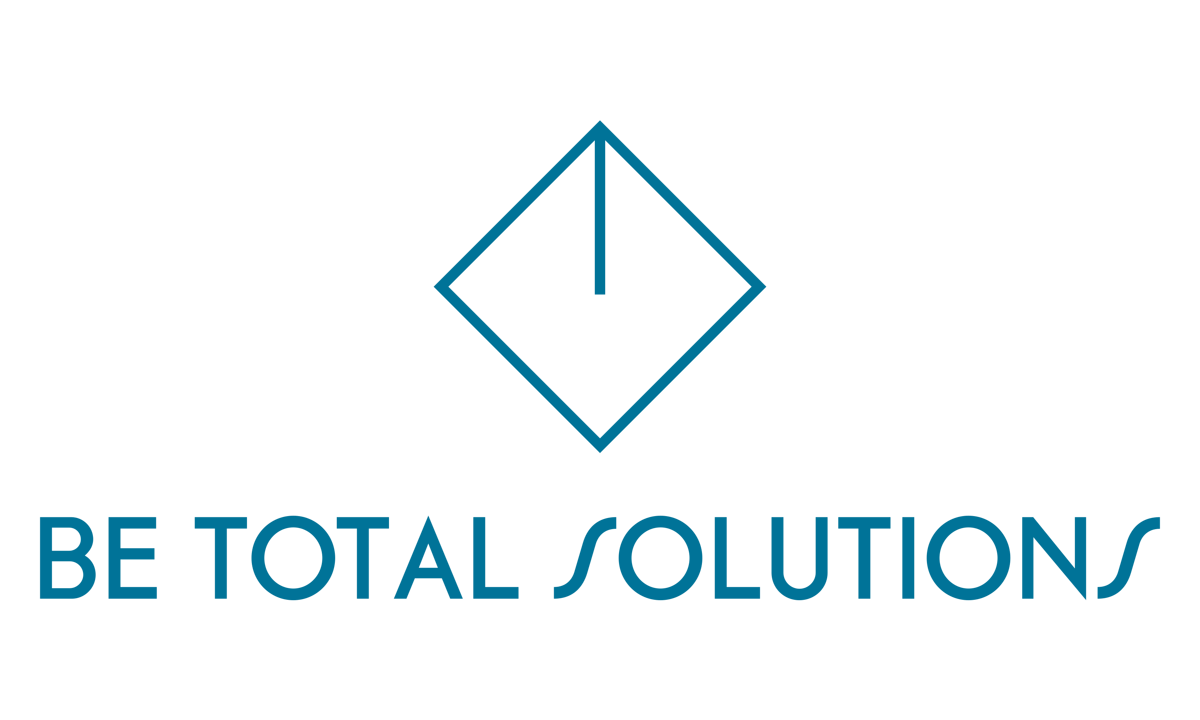Navigating the Future: Key Trends in Healthcare Marketing
This is an exciting time in healthcare. Startups are popping up in all facets of healthcare – from Fortune 4 companies like Amazon, CVS, Walgreens, and Walmart providing “retail health” to boutique, digital-only options, like Ro Health, prescribing GLP-1s and hormone therapy. This transformation is driven by technological advancements, changing patient expectations, and a renewed focus on personalized care. As we navigate the future, it is crucial for healthcare marketing to drive this evolution, adapting to and leveraging key trends that redefine how we connect with audiences and deliver information. In this exploration, we delve into three pivotal trends: the rise of artificial intelligence (AI), the art of content development, and the paradigm shift in viewing patients as consumers who have a choice (and a voice) about their healthcare journey.
The AI Revolution in Healthcare Marketing
Artificial intelligence has transcended its sci-fi origins to become a powerful force in reshaping the healthcare landscape. In marketing, AI is not just a buzzword but a game-changer, offering unprecedented insights, personalization, and efficiency. Machine learning algorithms analyze vast amounts of data to identify patterns, preferences, and potential outcomes. In healthcare marketing, this translates to highly- targeted and personalized strategies to drive specific outcomes from diversified populations.
One of the primary applications of AI in healthcare marketing is predictive analytics. By analyzing historical data, AI can forecast patient behaviors, helping marketers tailor campaigns to specific demographics and segments. It is not just a “copy-development” tool – but a key partner in analyzing data to understand patient behavior at a deeper level to drive strategy, messaging, and strong calls-to-actions. The predictive power enables more effective resource allocation – ensuring marketing efforts are focused where they will have the most impact.
Moreover, chatbots powered by AI are becoming integral in enhancing patient engagement. These virtual assistants provide instant responses to queries, schedule appointments, and offer information on healthcare services. The result is a seamless and responsive experience for patients, fostering a sense of connection and trust.
The Art and Science of Content Development
In an era where information is abundant, standing out requires not just data but compelling storytelling. Content development in healthcare marketing is no longer solely about conveying information; it's about creating narratives that resonate with the audience on a personal level. This is where the art and science of content development converge.
Quality content has the power to educate, inspire, and build trust. Whether it's blog posts, videos, or social media campaigns, content is the vehicle through which healthcare organizations can establish themselves as authorities in their field – and to drive brand loyalty. Moreover, with the rise of patient-centric care, content that empowers and educates patients is gaining prominence.
AI plays a significant role in optimizing content development. Natural language processing (NLP) algorithms analyze the language used by patients in online forums, reviews, and social media, providing insights into their concerns, preferences, and sentiments. This valuable information guides content creation, ensuring that it resonates with the target audience. Gone are the days of using physician-speak and language the patient does not understand. NLP can take a challenging medical concept and distill it down quickly and easily.
As patients increasingly turn to digital channels for health information, content must be not only informative but also accessible. Mobile-friendly formats, interactive content, and multimedia elements are becoming essential in reaching and engaging diverse audiences. A well-crafted piece of content has the potential to not only educate but also instigate meaningful conversations and foster a sense of community.
Patients as Consumers: Empowering Healthcare Decision-Making
The traditional model of healthcare, where patients passively receive information and treatment, is evolving into a more collaborative and patient-centric approach. Patients are no longer mere recipients of care; they are active participants, empowered to make informed decisions about their health. This shift is transforming the dynamics of healthcare marketing, emphasizing the importance of treating patients as consumers with choices.
Personalized medicine, enabled by advancements in AI, allows healthcare providers to tailor treatment plans based on individual characteristics, genetics, and lifestyle. In the realm of marketing, this translates to messaging that speaks directly to the unique needs and preferences of each patient. Campaigns that recognize and respect the individuality of patients are more likely to resonate and drive positive engagement.
Moreover, the increasing prevalence of digital health tools gives patients the ability to track and manage their health independently. From wearable devices monitoring vital signs to mobile apps providing real-time health insights, patients now have unprecedented access to information. Healthcare marketing, in response, must adapt to meet the demand for accurate and accessible information, providing content that complements the patient's journey towards well-being.
The concept of shared decision-making is gaining traction, emphasizing collaboration between healthcare professionals and patients in determining the most suitable treatment plans. In the marketing realm, this requires a shift from a one-size-fits-all approach to highly targeted and personalized campaigns that empower patients to actively participate in their healthcare decisions.
In conclusion, navigating the future of healthcare marketing requires a deep understanding of the transformative trends shaping the industry. The integration of AI, the artful development of content, and the recognition of patients as empowered consumers are key pillars in building successful and impactful marketing strategies. As we embrace these trends, we not only stay ahead of the curve but contribute to a healthcare landscape that is not just informative but genuinely patient-centered. As healthcare marketers, we can no longer remain passive support agents, but to drive a strategic and KPI aligned approach. By embracing these transformative trends, we not only stay ahead of the curve but pioneer a truly patient-centric future.
